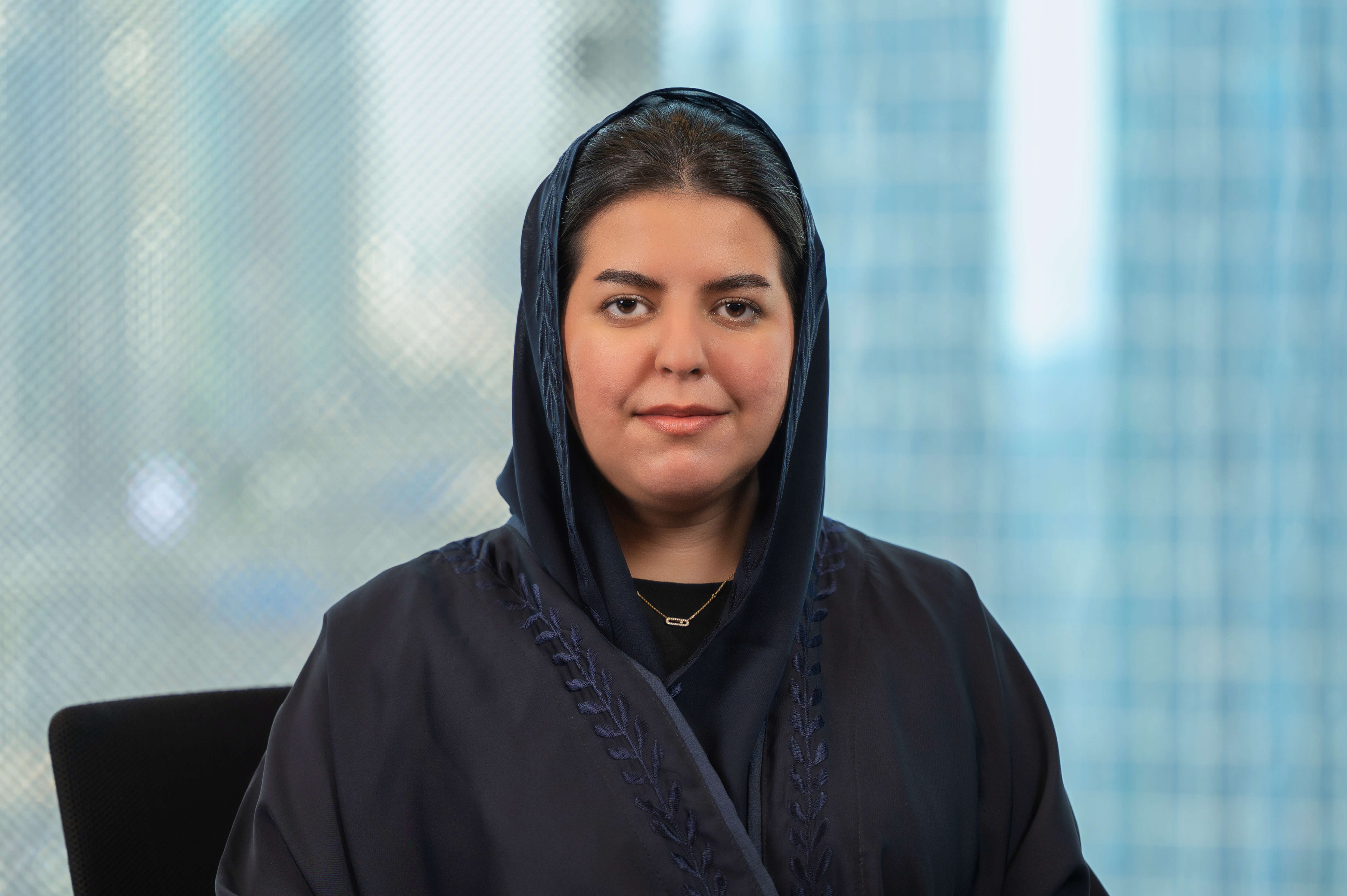Saudi Arabia introduces the New Standards and Quality Law and the Product Safety Law: An overview
Saudi Arabia’s new Ultimate Beneficial Ownership rules: Enhancing transparency and AML enforcement
-
Legal Development 2025年5月14日 2025年5月14日
-
中东
-
Regulatory movement
-
公司
New Ultimate Beneficial Owners (UBO(s)) rules and guidelines published by the Kingdom of Saudi Arabia’s (KSA) Ministry of Commerce (MoC) took effect on April 3, 2025. The new rules (UBO Rules) require all companies in KSA (unless exempted) to maintain and disclose accurate information about their UBO(s) in a newly created register established by the MoC. These rules are part of KSA’s commitment to international best practices, including compliance with Financial Action Task Force recommendations, and are designed to combat financial crimes, enhance anti-money laundering enforcement, and improve corporate accountability.
Exempt entities, detailed below, must provide evidence of their exemption to the MoC.
Definition of Ultimate Beneficial Owner
The UBO Rules include various alternative criteria for determining the UBO(s) of a KSA entity, including:
- Ownership (whether direct or indirect) of 25% or more of the company’s share capital;
- Control (whether direct or indirect) of 25% or more of the voting shares in the company;
- Entitlement (direct or indirect) to appoint or remove a majority of the company’s board of directors, its manager or president;
- Ability (direct or indirect) to influence decision-making or the business of the company.
The criteria also extends to representative of any legal person to which any of above criteria applies.
The UBO Rules also state that for any company that has no UBO(s) on the basis of the above criteria, the manager, chairman or a board member will be treated as the UBO.
Disclosure obligations under the UBO Rules
- Establishment: Applicants must disclose UBO information as part of the process to establish a new company in KSA.
- Annual filings: Companies already established at the time the UBO Rules came into effect must submit an annual filing disclosing their UBO(s). Such filing must be made not more than thirty (30) days prior to or on the anniversary of the date on which the company was registered with the MoC.
- Maintenance and updates: All companies must maintain a register of its UBO(s) and notify the MoC of any changes in the identity of its UBO(s) within fifteen (15) days of the date of such change.
- Form and fees: The UBO Rules set out details of the information required in respect of UBO(s) depending upon their nationality, residency status etc. The UBO Rules also set out the fees payable annually and in relation to each notification of a change of UBO(s).
Exemptions and rules applicable to publicly traded companies
The following entities are exempt from the UBO disclosure requirements:
- Companies wholly owned (directly or indirectly) by a qualifying government or state-owned entity;
- Companies in the process of liquidation under the Bankruptcy Law; and
- Companies specifically exempted by decision of the Minister of Commerce.
If a company is exempt, it is required to submit proof of its exemption to the MoC.
Companies whose shares are listed are subject to existing obligations under the KSA Companies Law and Capital Market Authority Regulations to disclose details in relation to their UBO(s) to the Capital Markets Authority.
Sanctions and Penalties
Failure to comply with the UBO Rules may result in penalties determined in accordance with the KSA Companies Law.
What should companies do next?
The implementation of the new UBO Rules marks another significant step in Saudi Arabia’s ongoing efforts to align with international standards on transparency, anti-money laundering, and corporate governance. Companies operating in the Kingdom must ensure timely compliance with the new disclosure, maintenance and reporting obligations or risk facing regulatory penalties. As enforcement begins, it is essential for businesses to assess their ownership structures, update internal compliance protocols, and seek legal guidance where necessary to meet these new requirements effectively. For more information of how to ensure compliance reach out to Clyde & Co partner Alan Wood.
结束

